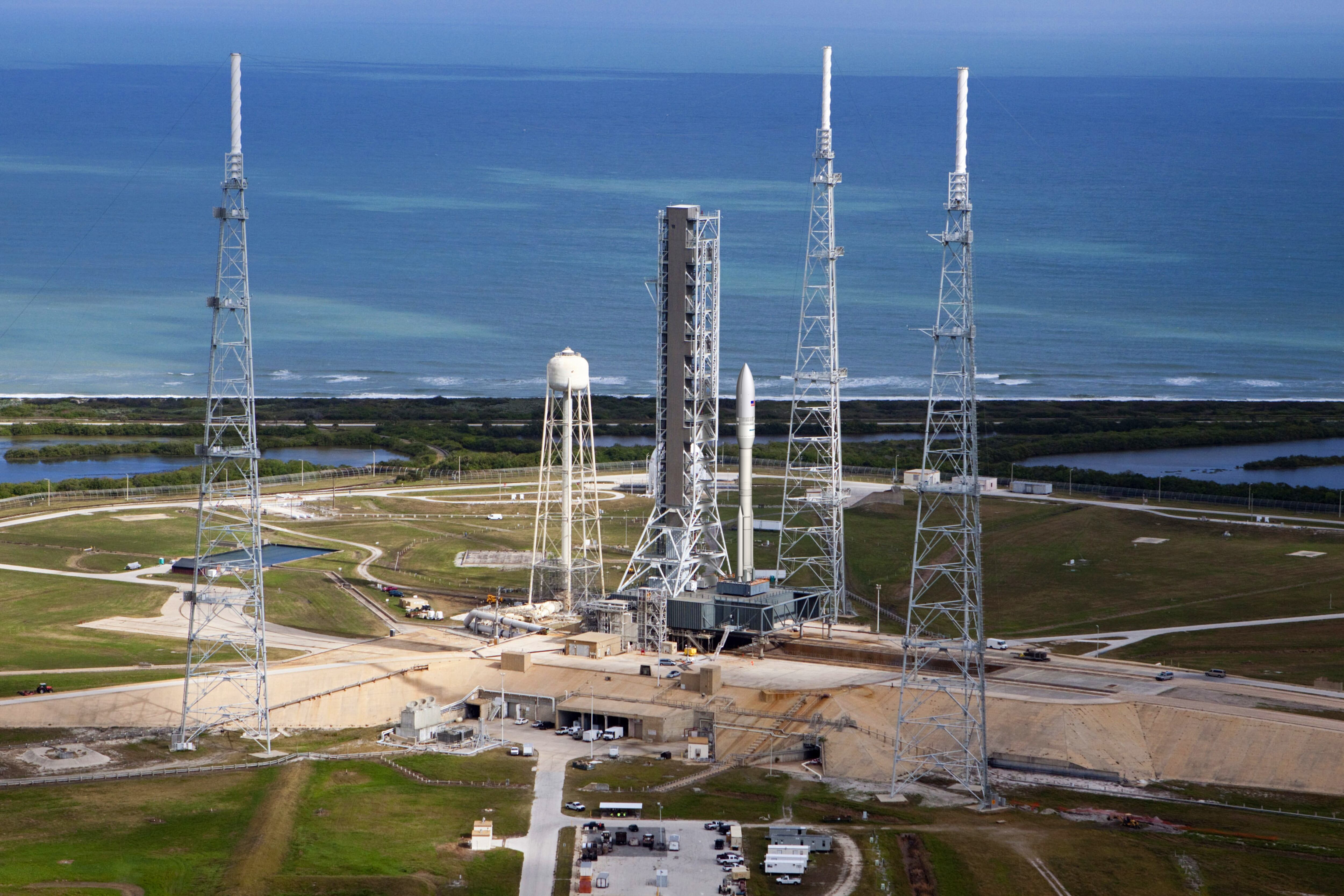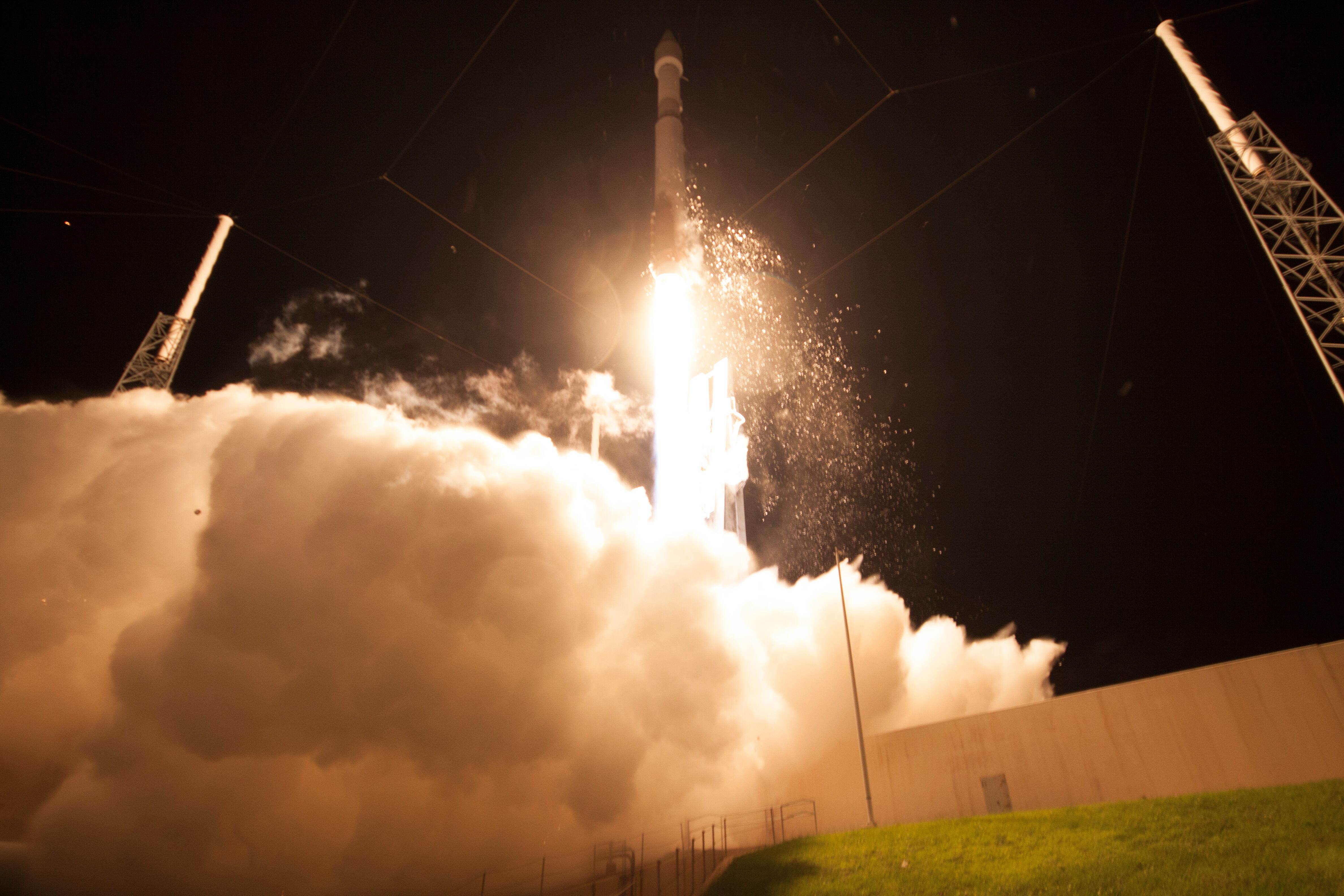WASHINGTON — The U.S. Air Force on Thursday released a request for proposals for further development of a next-generation launch vehicle, which will give the service access to space through two companies with homegrown rockets and engines.
The ultimate aim of the program, called Evolved Expendable Launch Vehicle, or EELV, is to work with industry to fund at least two domestically made launch systems that can propel the military’s heaviest and most complex payloads into space.
It also provides a way for the service’s most storied launch provider to transition away from using the Russian RD-180 engine, which will not be able to be used for national security launches past 2022 due to a congressional mandate.
RELATED

Under Thursday’s RFP, the Air Force will be able to issue up to three public-private partnerships for the “launch system agreement” phase of the program, which will fund the development of new rocket systems.
SpaceX, United Launch Alliance and Orbital ATK are all expected to bid on the EELV contract. SpaceX is working on the Falcon Heavy rocket. Orbital is hoping to break into the EELV role with a Next Generation Launch system. And ULA — a joint venture of Lockheed Martin and Boeing — is developing the Vulcan.
RELATED

In an earlier phase of the effort, the Air Force awarded public-private partnership agreements to SpaceX, Orbital ATK, ULA and Aerojet Rocketdyne for the development of new engines that could potentially propel the next-gen rockets. ULA and Aerojet both put forward engines meant for the Vulcan, with ULA working with Blue Origin on the BE-4 and Aerojet racing to develop the AR1 as an alternative.
The Air Force has stated it will only be able support two launch providers, and intends to downselect to two companies no later than 2020 for launches in 2022.
Valerie Insinna is Defense News' air warfare reporter. She previously worked the Navy/congressional beats for Defense Daily, which followed almost three years as a staff writer for National Defense Magazine. Prior to that, she worked as an editorial assistant for the Tokyo Shimbun’s Washington bureau.







